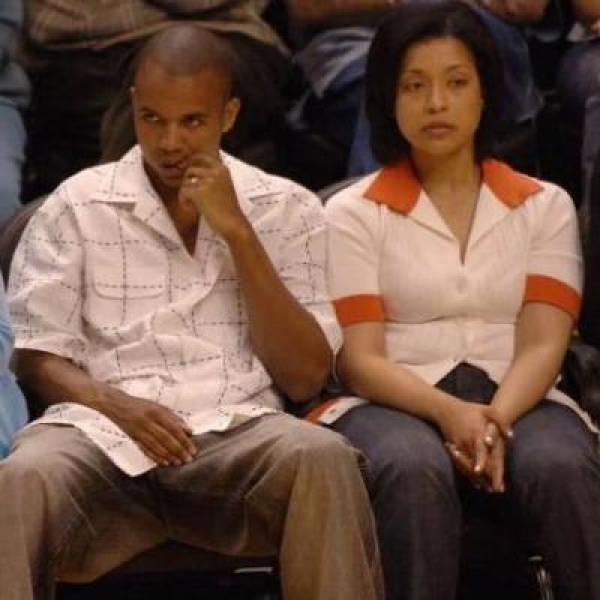Phil Ivey Divorce Settlement Fuels Nevada Supreme Court Arguments

CARSON CITY, Nev. — (Associated Press) - Poker pro Phil Ivey’s divorce case has the Nevada Supreme Court considering whether judges should oversee cases involving people from whom they’ve accepted campaign contributions.
The state high court heard 45 minutes of arguments Tuesday in Carson City on a lawsuit by Ivey’s ex-wife, Luciaetta Ivey, alleging decisions by a Family Court judge who handled the couple’s divorce were tainted by a $5,000 campaign donation.
Chief Justice Michael Cherry said a rule blocking contributions to judicial campaigns might violate free speech rights, and that any decision could affect the 2014 campaigns of all 82 Nevada district court judges.
In Nevada, where individuals can contribute up to $10,000 to a judicial candidate, allegations have been raised for years that judges favor people and law firms that donate.
The high court several years ago prohibited judges from soliciting contributions in elections where they have no opponents. Only about one-third of judicial races now are contested.
Ivey, 35, winner of eight World Series of Poker medallions, was granted an uncontested divorce in 2009 by Clark County Family Court Judge William Gonzalez after seven years of marriage. According to published reports, the couple’s community property was valued at $8 million in 2008.
In 2011, Luciaetta Ivey asked the judge to force her ex-husband to pay required spousal support. She lost a bid to disqualify Gonzalez after learning that Phil Ivey contributed $5,000 in April 2010 to the judge’s re-election campaign and that Ivey’s lawyer also contributed time and money to Gonzalez’s re-election.
Luciaetta Ivey’s lawyer, Bruce Shapiro, told the state high court Tuesday that he wasn’t accusing Gonzalez of wrongdoing. But he said the contributions created an appearance of impropriety.
Phil Ivey’s lawyer, David Chesnoff, said Luciaetta Ivey has no case. He noted the contribution was made after the couple’s divorce, the divorce was uncontested, and the couple has no children.
Chesnoff said Ivey stopped making payments to his ex-wife early in 2011 when Full Tilt Poker stopped making payments to Ivey after it was seized by the Justice Department for alleged federal violations. Ivey has filed a lawsuit against Full Tilt.
“Mrs. Ivey made millions (from the divorce settlement),” Chesnoff said. “Tilt was stopped, alimony stopped. Are we going to tell people they cannot contribute? We exist in a state where judges are elected.”













